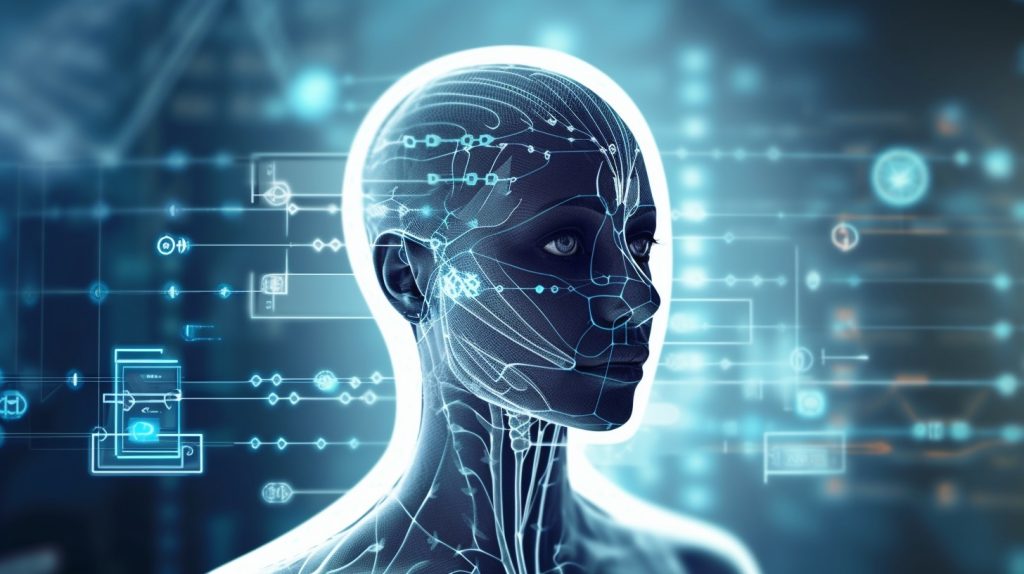Is it a good idea to open the world of video games to the power of AI? A quick look at the current situation.
Artificial intelligence (AI) has emerged as a game-changer in the video gaming development industry, revolutionizing the way games are created, experienced, and enjoyed. By harnessing the potential of AI technology, developers are able to craft immersive and dynamic gaming experiences that push the boundaries of what is possible. One prime example of a video game utilizing AI is “Middle-earth: Shadow of Mordor” developed by Monolith Productions.

Enhanced Gameplay and Immersion:
AI integration in video games brings forth enhanced gameplay experiences by introducing intelligent and adaptive enemies or non-player characters (NPCs). In “Middle-earth: Shadow of Mordor,” the Nemesis system employs AI algorithms to create dynamic and evolving enemy NPCs that remember and react to the player’s actions. This results in a truly immersive and personalized gaming experience, where players form unique rivalries and relationships with their adversaries.
Procedural Generation and Dynamic Worlds:
AI-driven procedural generation techniques allow for the creation of vast and ever-changing game worlds. “No Man’s Sky” is a standout example, utilizing AI algorithms to generate countless unique planets, ecosystems, and creatures. This integration ensures that each player’s exploration journey is unique, fostering a sense of discovery and limitless possibilities.
The integration of artificial intelligence into the video gaming development industry has unlocked a world of possibilities.
Gameglance 2023
Natural Language Processing and Interactive Narratives:
AI-powered natural language processing and intelligent dialogue systems have revolutionized the way stories unfold in video games. “Detroit: Become Human” exemplifies this, offering a branching narrative that reacts to player choices and fosters meaningful character interactions. AI enables NPCs to respond intelligently and contextually to player actions, providing a sense of agency and impact on the game’s outcomes.

Player Analytics and Personalized Experiences:
AI plays a vital role in player analytics, providing developers with valuable insights into player behavior and preferences. Games like “Fortnite” leverage AI algorithms to analyze player performance and dynamically adjust the difficulty level, ensuring a challenging yet enjoyable experience for players of all skill levels. AI-driven personalization offers tailored content, adaptive gameplay, and recommended challenges that cater to individual preferences.
Ethical Considerations and Bias:
While the integration of AI in video games brings numerous benefits, it is crucial to address potential detractions. Ethical considerations arise as AI algorithms may inadvertently propagate bias, stereotyping, or discriminatory behavior. Developers must actively address these issues by implementing rigorous testing, diverse data sets, and ongoing monitoring to ensure fairness and inclusivity in their games.
The integration of artificial intelligence into the video gaming development industry has unlocked a world of possibilities. From enhanced gameplay and procedural generation to interactive narratives and personalized experiences, AI has revolutionized the gaming landscape. As developers continue to explore the potential of AI, it is essential to remain vigilant about ethical considerations and biases that may arise. By leveraging AI responsibly, the industry can create immersive, diverse, and inclusive gaming experiences that captivate players and push the boundaries of what is achievable in the digital realm. The future of video game development lies in the harmonious synergy between human creativity and the transformative power of AI.








